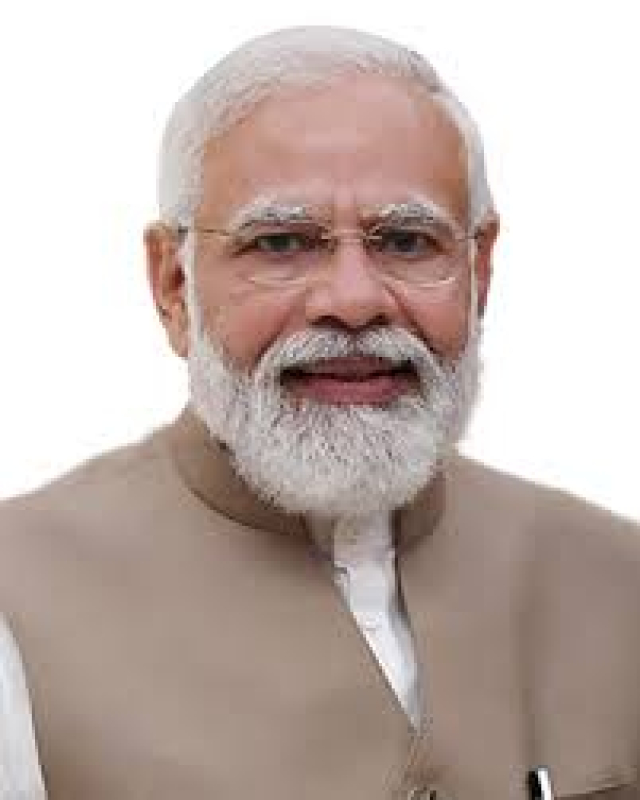- US congratulates BD on successful election, BNP on ‘historic victory’ |
- BNP wins landslide victory in 1st polls since 2024 mass upsurge |
- Nation Votes Tomorrow in 13th Poll, Referendum |
- Key in your hands, use it wisely: Prof Yunus tells voters |
- Yunus Urges Voters to Shape a ‘New Bangladesh’ |
India PM Modi to inaugurate temple in Abu Dhabi

Indian Prime Minister Narendra Modi. Wikipedia
Indian Prime Minister Narendra Modi is set to inaugurate a grand Hindu temple in the United Arab Emirates (UAE) during a two-day visit to the country.
The BAPS Hindu Mandir in Abu Dhabi is built on a 27-acre (11-hectare) plot donated by the UAE government.
India had announced its construction during Mr Modi's visit to UAE in 2018.
Analysts say the temple will likely boost the government's Hindu nationalist agenda ahead of the general elections due in two months.
The opening comes weeks after Mr Modi inaugurated a grand temple to Hindu god Ram in the northern Indian city of Ayodhya. It replaces a 16th-Century mosque torn down by Hindu mobs in 1992, sparking riots in which nearly 2,000 people died.
The temple in Abu Dhabi is run by the BAPS Swaminarayan Sanstha, which calls itself a "spiritual, volunteer-driven fellowship" aimed at "fostering Hindu values of faith, service and global harmony".
The organisation, which claims a 200-year-old history, is headquartered in Mr Modi's home state Gujarat.
While temples have been around in the UAE for decades, this is reportedly the first one to be built using traditional techniques.
Made from pink sandstone from Rajasthan state and white Italian marble, the temple was carved in India and assembled in Dubai.
India and UAE are close allies and share $85bn (£67.6bn) in bilateral trade. Indians also make up the largest expatriate group in the country. Hundreds of thousands of Indian Hindus live in Abu Dhabi.
Mr Modi is in the country to participate in the World Governments Summit, a forum of global leaders.
On the first day of his visit on Tuesday, he held bilateral meetings with the UAE president. Indian ministry of external affairs said the two countries signed a bilateral investment treaty and a comprehensive economic partnership agreement.
The agreements are meant to bolster cooperation in the filed of energy security and trade and digital infrastructure development, reports BBC.
Mr Modi also addressed a gathering of the Indian community in Abu Dhabi where he thanked the UAE president for allotting land for the temple.

